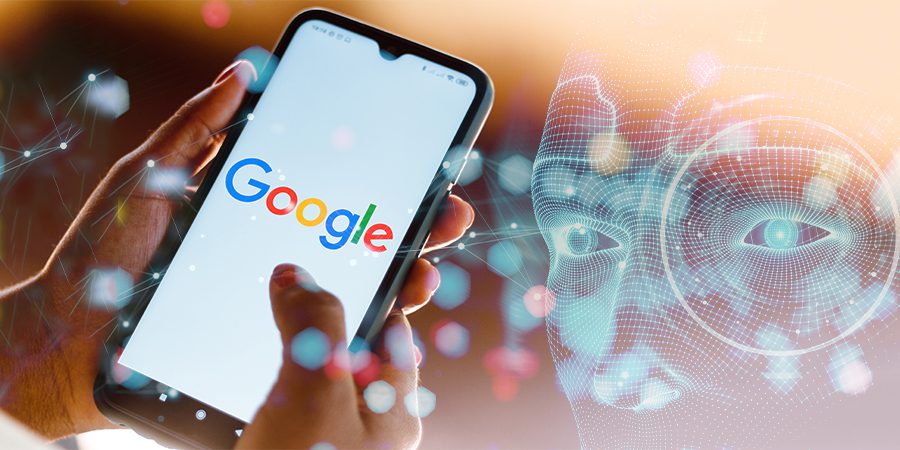
In this article, we’ll examine the reasons behind Google’s recent announcement to incorporate AI chat features in Gmail and Docs and explore how these developments will impact the world of technology.
Key Takeaways:
- Google is integrating AI chat features into Gmail and Docs, aiming to save time and effort for users.
- The introduction of OpenAI’s ChatGPT chatbot has spurred a race among top technology companies to incorporate AI capabilities in their products.
- Google Workspace currently serves over 3 billion users, with plans to introduce additional AI features later this year.
- AI is transforming the way people work and communicate, but it is not a perfect substitute for human creativity and requires user guidance.
- Microsoft, a major investor in OpenAI, is also integrating AI features into its Office 365 suite and announcing further capabilities at a March 16 event.
Introducing AI Chat to Gmail and Docs: A New Chapter for Google Workspace
Google is diving deeper into the realm of generative artificial intelligence by announcing new features that will enable users to create text in Gmail and Docs using the tech giant’s AI technology.
The company is testing these AI products and granting access to a limited number of Workspace users, which includes Gmail and Google’s productivity tools.
Revolutionizing the Writing Process with AI Assistance
The objective of integrating AI chat into Gmail and Docs is to save time and effort for busy users, whether they are HR professionals drafting job descriptions or parents creating invitations for their child’s themed birthday party.
By simply typing a topic, users will receive an instantly generated draft that they can refine and edit with the help of their AI assistant.
Competing in the World of Generative AI
The introduction of OpenAI’s ChatGPT chatbot in November has created a surge of interest in generative AI, with top technology companies racing to incorporate similar capabilities into their products.
As a result, Google is now testing AI chat features in Gmail and Docs, allowing users to draft emails and create text documents with ease.
Expanding AI Capabilities to a Wider Audience
Google Workspace currently boasts over 3 billion users, including both consumers and companies that pay for subscriptions.
The tech giant is now granting early access to these new features for a select group of consumers, as well as some business and education users.
While Google has not yet provided a timeline for a broader release or information on pricing, the company plans to introduce additional AI features to Workspace later this year.
The Future of AI in Google Workspace
As AI continues to transform the way people work and communicate, Google is committed to harnessing the power of generative AI in their Workspace platform.
This includes incorporating AI as a collaborative partner across Gmail, Docs, Slides, Sheets, Meet, and Chat, with the goal of helping users achieve their objectives more efficiently.
The Road Ahead: Challenges and Opportunities
The transformative power of generative AI holds the promise to significantly alter the way we perform tasks, yet it comes with its own set of obstacles.
Google recognizes that AI is not a perfect substitute for human creativity and ingenuity, and sometimes requires guidance from users.
As such, the company is designing its products with the principles of user control and data privacy in mind.
Collaboration and Competition in the AI Industry
The generative AI hype has led to an influx of investment in startups and a scramble among Big Tech companies to develop AI-powered products and services.
Microsoft, a major investor in OpenAI, has been rapidly integrating AI features into its Office 365 suite and is set to announce further capabilities for Teams, Word, and Outlook this week in a March 16 event titled “the future of work with AI.”
In Conclusion: A Transformative Era for AI and Google Workspace
With the integration of AI chat features in Gmail and Docs, Google is taking a significant step forward in the world of generative AI.
As advancements in technology progress, it will be intriguing to observe how Google and other industry leaders tackle the hurdles and prospects emerging in the swiftly evolving realm of artificial intelligence.
 Sections of this topic
Sections of this topic
















